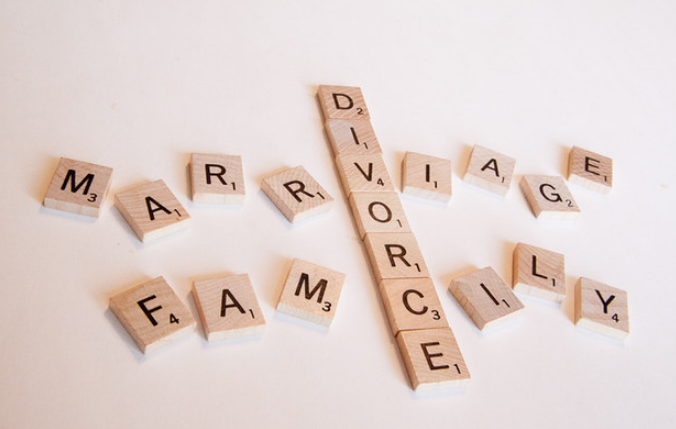 Divorcing parties frequently encounter misunderstandings and hostility when it comes to debt distribution. The division of debt is important not just when a marriage ends, but also in the years that follow.
Divorcing parties frequently encounter misunderstandings and hostility when it comes to debt distribution. The division of debt is important not just when a marriage ends, but also in the years that follow.
You and your partner could have a mortgage that is underwater. You might not be aware that one spouse amassed thousands of dollars in credit card debt. The old automobile has been paid for, but not the new one.
Situations like these are common and cause major arguments. Most marriages will have some sort of debt, and many divorces involve challenging economic situations. If you can’t agree on who is responsible for what, the court will decide for you.
We’ll break down what you need to know about who is responsible for debt in a Florida divorce. Don’t forget, if you are personally dealing with a divorce, a Florida divorce attorney can better explain what can be done for your unique situation.
Which Party is Responsible for Debt in a Florida Divorce?
According to the law, you must divide both the marriage obligations and the marital assets. The equitable distribution legal principle is used in Florida. It is not a situation of shared property where everything is equally split. Equitable distribution states, on the other hand, aim to disperse assets and responsibilities in a fair and equal way. This implies that if your spouse is taking on a debt with a similar amount outstanding, you could be required to pay it off on your own.
Any debts incurred during the marriage are immediately owned by the pair under community property laws, even if only one spouse signed the document. Student debt is one example. Even if your spouse took out that debt on their own before you were married, you would both be liable for it.
You would probably not be liable for your spouse’s student loan obligations from before the marriage in places like Florida. Debts accumulated prior to marriage are often regarded as non-marital property, and as such, you would not be responsible for them. All the potential debts you can be accountable for during your divorce can be explained by your Florida divorce attorney.
Any debts you incurred while you were married will be shared by you and your spouse. You would need to sign a contract for the court to hold you accountable for any debts your ex accrued in his or her name simply because Florida is not a community property state. Therefore, even after a divorce, you will both be responsible for any debts that are in your joint names, such as a mortgage, credit card accounts, or other loans.
What happens if you establish a joint account but only one spouse uses the card? is a question that several people have posed. Usually, it doesn’t matter because the account is in both of your names. Whichever of you uses the credit card doesn’t matter; all that matters to the credit card company is getting their money back.
It’s vital to note that Florida courts may examine possible asset dissipation in cases where you developed debt as a result of your spouse’s careless actions. This might involve concealing substantial monetary transfers, making irrational purchases for their personal gain, or purposefully squandering funds. You might not be held legally liable for the debts in these situations.
Understanding Different Types of Debt
It is crucial to distinguish between premarital, non-marital, and marital or joint debt when determining who would be accountable for the joint debt after a divorce.
Premarital debt is any debt that one spouse owed before getting married. Any debt a spouse racked up solely in their name before marriage is referred to as premarital debt.
Even though it was incurred during the marriage, debt might be regarded as non-marital. Debt is deemed “non-marital” if it was taken out in one spouse’s name and not paid off with marital resources.
Any debt that was accrued during the marriage, was in both couples’ names, or was used to pay for products that benefitted both spouses is regarded as marital debt. Mortgages, shared credit card balances, auto loans, and other obligations incurred during the marriage are all considered marital debt.
Premarital and post-marital debt are both regarded as independent obligations that aren’t divided between the couple in the event of a divorce. Debts deemed to be pre marital or nonmarital will only be the responsibility of one spouse. The equitable distribution laws of Florida are followed in the process of splitting marital debts.
